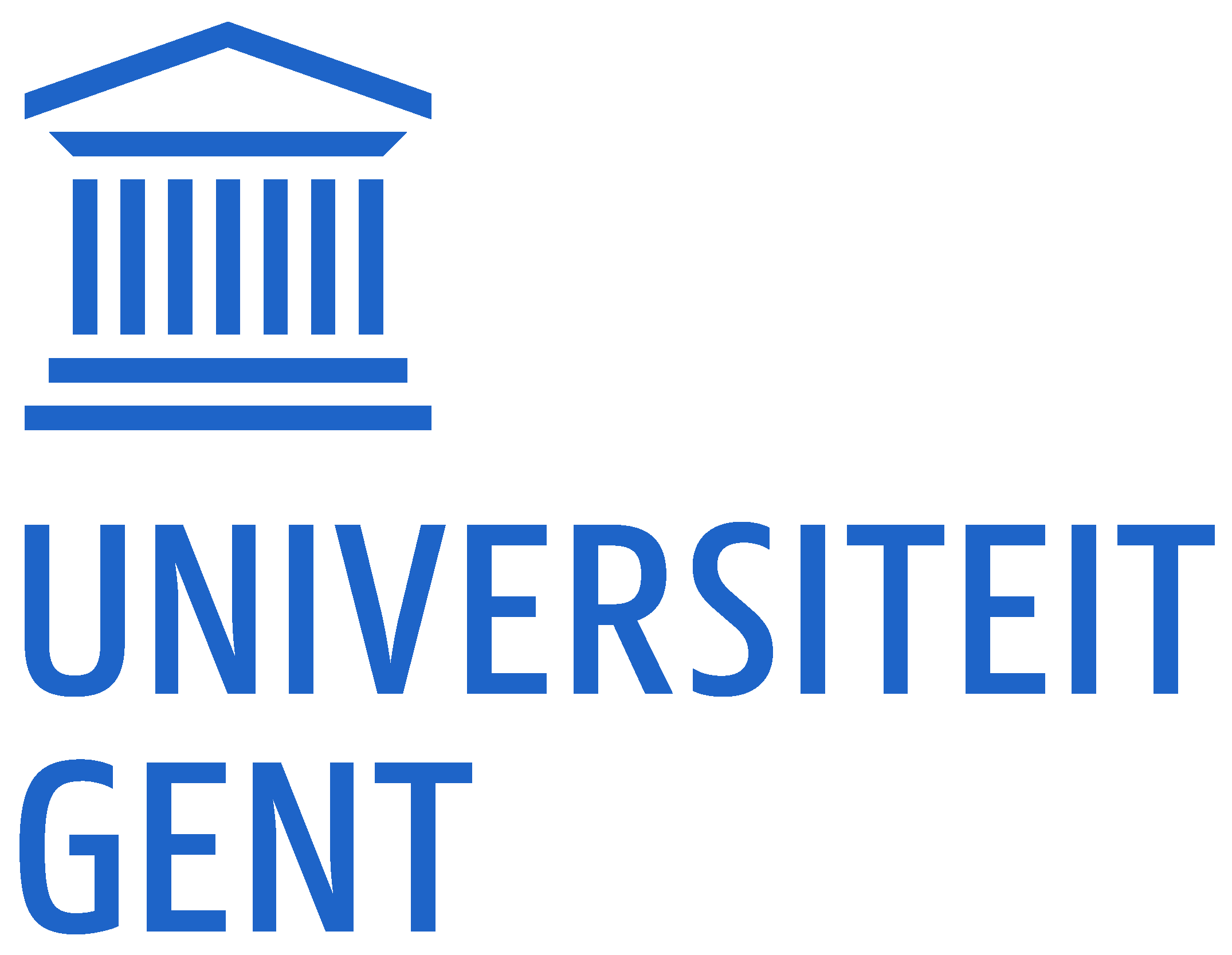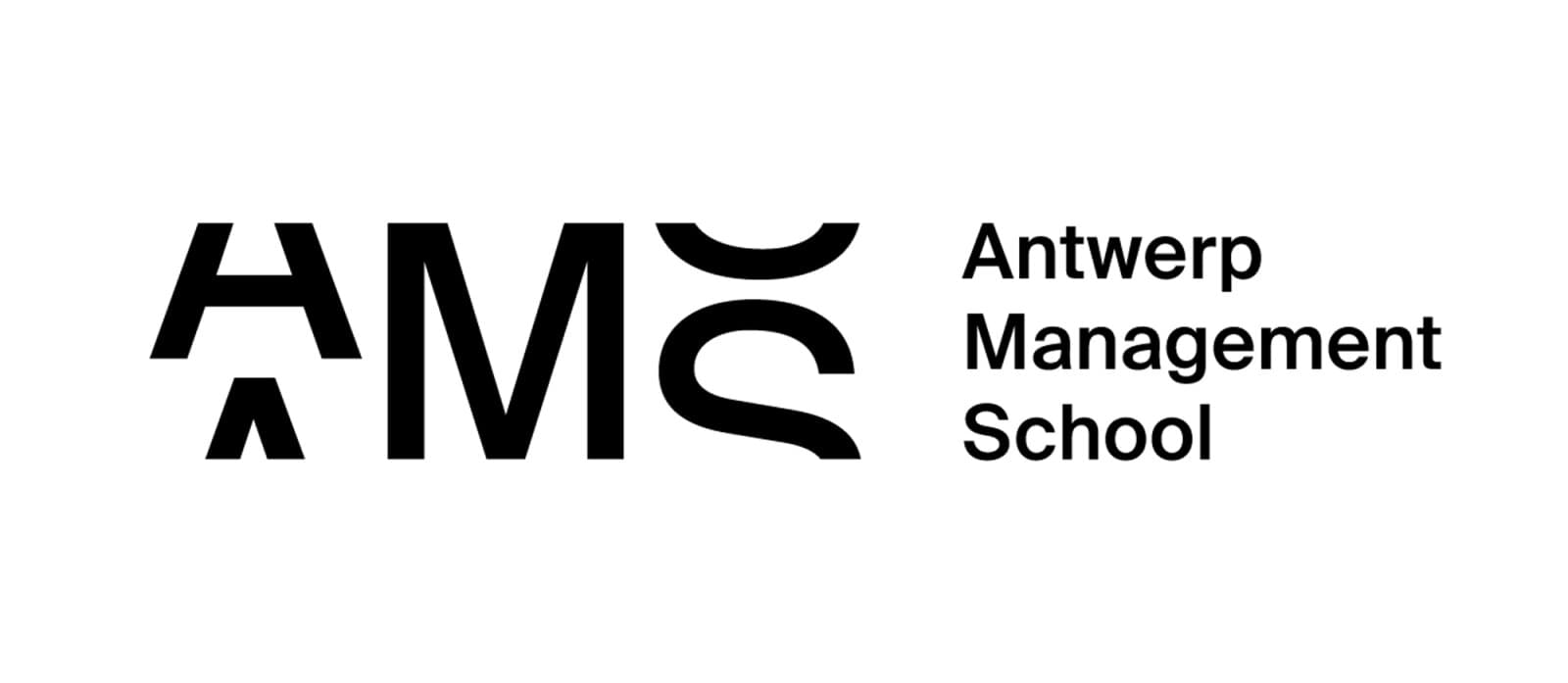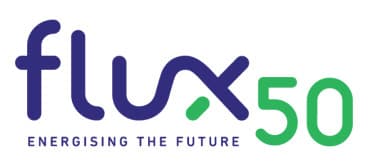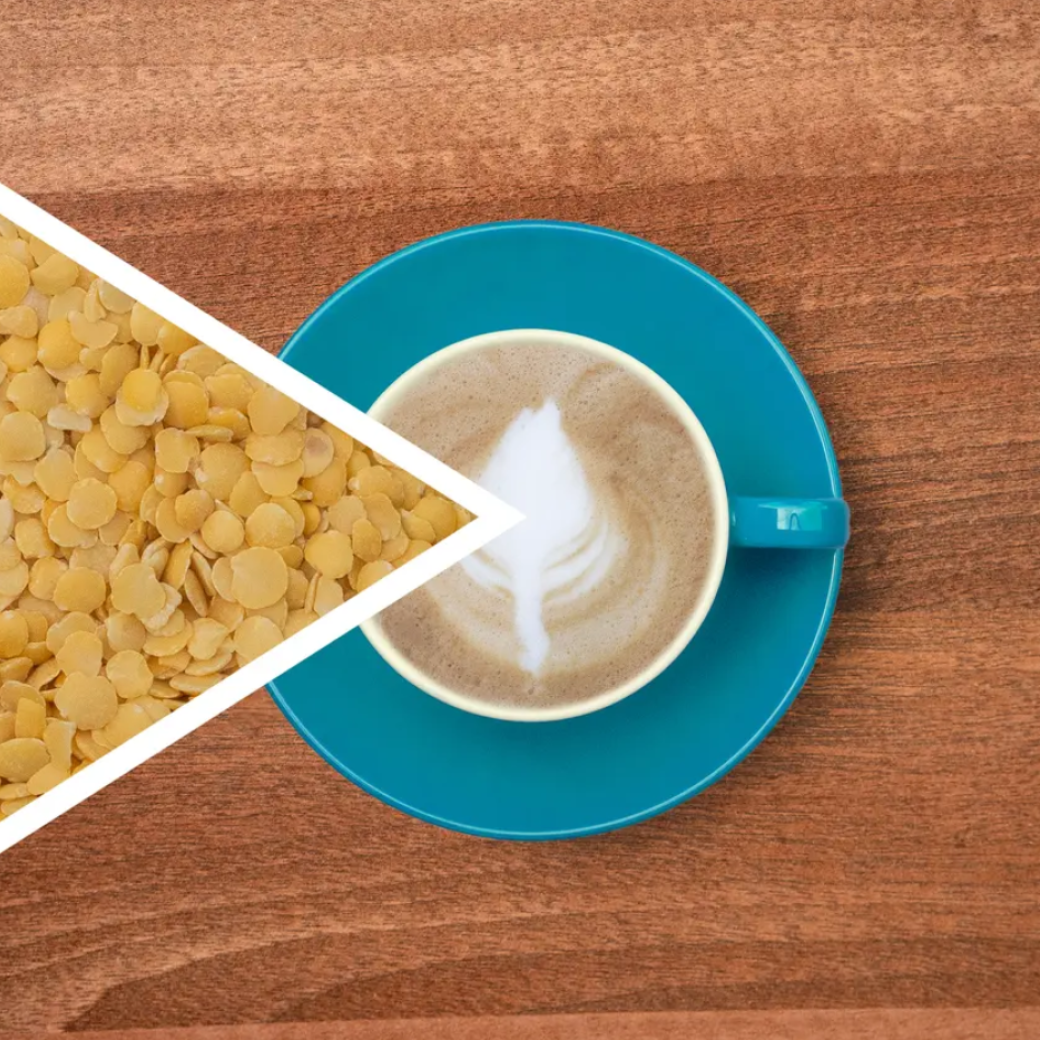Bioloop: Decision support model for BIOmass LOgistics OPtimisation
Flanders is advancing towards a biobased economy, capitalizing on its expertise in biomass valorization, green chemistry and industrial biotechnology. The region boasts significant biomass resources and expertise in processing these materials across various applications. However, large quantities of biomass remain underutilized due to challenges such as seasonality and logistic hurdles. Efficient mobilization and a well-organized supply chain are necessary factors to enable the valorization of residues into products with added value. Given its strategic location in Europe, Flanders is poised to leverage its logistical infrastructure and knowledge to turn bioeconomy innovations into viable economic models.
Project Overview
BIOLOOP is an Inter-cluster Strategic Basic Research project that aims to establish a knowledge framework that enables the design and optimization of biomass-based supply chains in Flanders. The project will analyze how key factors, ie. technological, economic, environmental and social factors, impact the mobilization of residual biomass and how to shape both existing and new supply chains. This knowledge will feed into the creation of four robust decision support models (DSMs) that will aid in simulating and optimizing biomass feedstock logistics. The DSMs will optimize logistics for multiple feedstocks and applications while integrating sustainable practices, circular economy principles and innovative collaboration models, in consultation with industrial advisory board and spearhead cluster organizations. BIOLOOP aligns with Flanders’ ambitious plan to catalyze the transition towards a biobased economy, leveraging the region’s extensive expertise in biomass valorization, green chemistry and industrial biotechnology. By optimizing biomass supply chains, BIOLOOP will enable the deployment of existing and emerging technologies for biomass valorization, supporting the creation of new supply chains or the improvement of existing ones.
The goal of the BIOLOOP project
The BIOLOOP project aims to strengthen the connection between supply and demand, paving the way for high-value bio-based applications across a wide range of industries. By leveraging Flanders' strategic position as a central logistics hub, the project seeks to position the region as a leader in the bioeconomy.
At its core, the primary objective of BIOLOOP is to develop a comprehensive knowledge framework that supports the design and optimization of bio-based supply chains within Flanders. This framework will facilitate better resource utilization, improved efficiency, and a more effective alignment of supply chain dynamics with market needs.
To ensure long-term impact, the project integrates circular and sustainable principles into its approach. It also explores innovative business models and collaboration strategies that foster partnerships across industries and stakeholders. By addressing these critical aspects, BIOLOOP not only enhances the regional bioeconomy but also contributes to a more sustainable and circular future.
Impact and Benefits
- BIOLOOP will significantly advance Flanders’ transition towards a biobased economy by:
- Enhancing the mobilization and utilization of underutilized biomass resources.
- Creating efficient and sustainable biomass supply chains.
- Supporting the development of new business models and collaboration strategies.
- Maximizing resource use through a cascading biorefinery approach.
- Contributing to the region’s economic growth by turning bioeconomy innovations into viable economic models.
Projectpartners
Universiteit Gent beheert en coördineert het intercluster cSBO-project. De experimenteel-wetenschappelijke uitvoering is in handen van:
- Universiteit Gent: Onderzoeksgroep VEG-i-TEC onder leiding van Prof. Katleen Raes (katleen.raes@ugent.be) en Onderzoeksgroep Centre for Microbial Ecology and Technology onder leiding Prof. Ramon Ganigué (Ramon.Ganigue@UGent.be)
- VITO: MooV-team onder leiding van Ruben Guisson (ruben.guisson@vito.be)
- AMS: smart ecosystems & Networks competence center onder leiding van Prof. Wouter Van Bockhaven (Wouter.VanBockhaven@ams.ac.be)
De speerpuntclusters voor de kennisverspreiding:
- VIL (en Catalisti als onderaannemer) onder leiding van Julie Stuer (julie.stuer@vil.be)
- Flanders’ FOOD zal de projectresultaten uit het BIOLOOP-project breed verspreiden binnen zijn eigen netwerk.
Key Milestones
- Defining Input Parameters: Identify and prioritize the most decisive techno-economic, environmental and social criteria to improve biomass demand-supply matching.
- Developing Optimization Models: Integrate circularity and collaboration concepts into a multi-objective optimization model for bio-based supply chain design.
- Validating Models: Apply and validate the BIOLOOP DSM through three case studies, optimizing logistics chains from biobased raw materials to high-value end products.
- Assessing Collaboration Options: Explore novel collaboration and gain-sharing models for biomass mobilization and logistics.
- Evaluating Model Complexity: Compare outcomes of different model complexity levels to identify the trade-off between effort and prediction power.
Partners
Target Audience
BIOLOOP will benefit a wide range of sectors and companies, including primary producers, waste managers, biomass connectors, food processing companies, retailers, chemical companies, technology providers for bio-energy, fertilizer and substrate companies, animal feed and food companies
Participate?
The cSBO project will start in May 2024 and run for four years. Companies participate in this project by being part of the industrial advisory board. They will receive the project results firsthand and discuss them with the BIOLOOP researchers, primarily from the perspective of industrial application. This increases the likelihood that the results will be directly useful to industrial stakeholders. The financial commitment is €1,000/year for a non-SME and €250/year for an SME, for the entire four-year duration of the project.
Conditions
The financial commitment is €1,000 per year for a non-SME and €250 per year for an SME, for the entire four-year duration of the project.
Contact
Featured Articles

From apple tree to innovation: meet B3ET

Sustainable animal feed from sweetcorn cobs: meet Trotec














